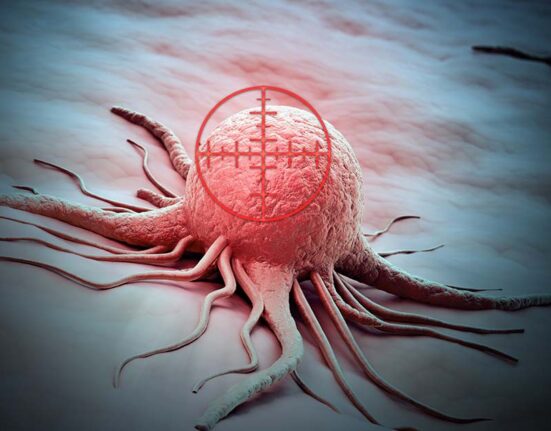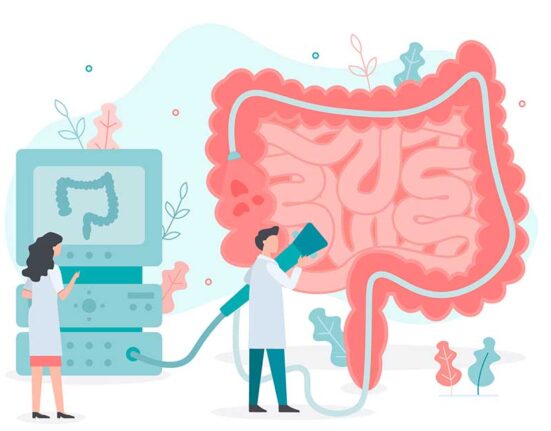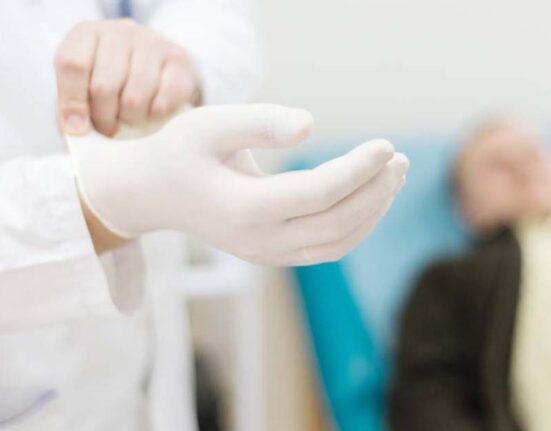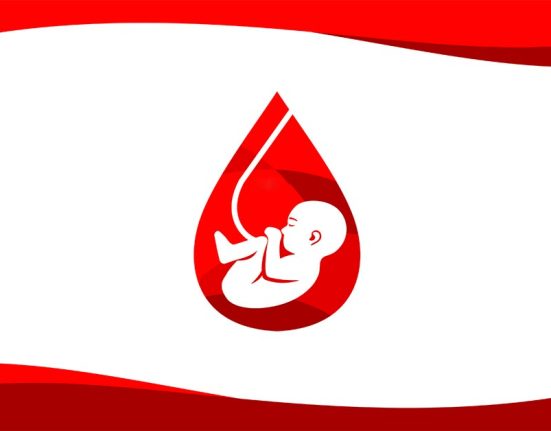It is imperative for us to ensure that our kidneys stay healthy. These two bean-shaped organs are responsible for removing excess water and waste from our blood. Healthy and functioning kidneys also keep hormones and salts in our blood at balanced levels. Abnormalities and ailments affecting the kidneys, such as kidney stones, may cause severe pain and also have serious health implications. In this second part of health365.sg’s interview with Dr. Fiona Wu, one of Singapore’s top urologists, we get to learn more about kidney stone treatment as well as the cost of treatment.
Kidney Stone Treatment
Medication To Flush Out The Kidney Stones
When a patient has stones that are smaller in size (<4mm), medications that help to flush out the stone can be used to treat the condition. These medications relax the ureters and hopefully, ease the passage of the stones. However, they may not work if the stones are very impacted (stuck) or big. Around 2 – 3 litres of water a day needs to be consumed to help flush the stones out.
Percutaneous Shockwave Nephrolithotripsy For Kidney Stones (PCNL)
If the kidney stone is very big – anything more than 2 cm or occupies a large part of the kidney, the doctor will need to use a more invasive therapy under general anesthesia. A scope is inserted through the kidney into the stone and the stone will be blasted with energy waves to fragment it. The fragmented stones are then washed out.
Laser Lithotripsy For Kidney Stones
There is also minimally invasive treatment wherein a scope is inserted up the ureter, and into the kidney. A laser is then used to blast out all the stones, which are then washed out or retrieved with baskets.
Extracorporeal Shockwave Lithotripsy For Stones
Another method to treat stones would be to use shockwave energy to fragment the stone from outside the body and let the stone fragments pass out with the urine flow. This procedure is a day procedure and can be done under local anaesthesia or sedation. This is most suitable for small stones and for patients who are not able to undergo general anaesthesia for medical reasons.
When Kidney Stones Cause Obstruction In The Ureter
For a stone that has dropped into the ureter, usually, an ureteroscopy or laser lithotripsy is used to remove the stone.
Doctors will use a laser to fragment the stone and then wash it out. Subsequently, a stent is inserted into the ureter to keep it open. This is to mitigate against the possibility that the ureter becomes very inflamed, closes up, and causes an obstruction again.
What Happens If We Do Not Seek Treatment For Kidney Stones?
Smaller Stones May Be Flushed Out In The Urine
For some patients with very small stones, for example, anything less than 3mm, the stones can usually be passed out spontaneously in the urine. In this situation, the patient may experience some sort of pain. Subsequently, when they pass out the stones, they will see some blood and then the pain will stop. However, the patient should still be checked by a doctor to ensure that there are no other remnant stones.
Larger Stones Can Cause Obstruction In The Ureter
For kidney stones bigger than 4mm, there is a substantial risk of the ureter being blocked. The patient can experience significant amount of pain if the body tries unsuccessfully to pass the stones out. Blockage can cause urine to become trapped above the stones and become infected. The kidneys may also become infected as a result. In this situation, the patient may end up in the hospital with very high fever and very bad back pain.
If the obstruction is not relieved, it can even be life threatening because of severe infection. When kidney stones simultaneously obstruct both ureters, the patient can experience acute renal failure. This is similarly the case for patients who have only have one functional kidney and the ureter from that kidney becomes obstructed by stones.
Large Stones In The Kidneys Can Damage The Kidneys
If stones grow to substantial sizes in the kidney, they can potentially spoil the function of the kidney. Generally, this condition does not present much symptoms and as a result, the condition remains untreated until there is kidney damage.
Cost of Kidney Stone Treatment
Kidney stone treatment costs depend on a number of factors – the type of stones being treated, where the stone is located, and what kind of treatment is used.
Shockwave Lithotripsy
The cost of shockwave lithotripsy treatments for kidney stones usually ranges from $3,000 to $8,000, depending on where the stones are located, the treatment site, and how many stones there are. This costing is on a per-treatment basis. For patients with a lot of stones, shockwave lithotripsy may sometimes not be ideal as the cost would be very high.
For very big stones or high stone volume (many small stones), other options such as PCNL and ureteroscopy, laser lithotripsy may be more efficient and safe.
Ureteroscopy / Laser Lithotripsy
For patients with ureter stones (i.e. stones stuck in the ureter), an ureteroscopy or laser lithotripsy treatment can cost around $3,000 to $9,000. Again, this depends on a number of factors such as the origin of the stones, where the stones are, and how many stones there are.
Treatment Cost Is Affordable For Most Patients
MOH has a fee guideline applicable for kidney stone treatment. This helps ensure that treatment costs will be affordable for most people. People who might have stones should not hesitate to consult with a urologist or doctor as it is very important to ensure that the stones are removed and no harm is caused to the patient and the kidneys.
Interview With Dr Fiona Wu – Watch The Video

About Dr. Fiona Wu
Dr. Fiona Wu is a top urologist in Singapore. She is a Consultant Urologist and the Medical Director of Aare Urocare (at Gleneagles Hospital).
Prior to entering private practice, Dr. Wu served in the public sector for 15 years. Her experience in public service includes being a Consultant in the Department of Urology at the National University Hospital (NUH), Alexandra Hospital and Ng Teng Fong General Hospital.
Dr. Wu is a member of our Expert Advisory Board.
Protect against cancer, cardiovascular disease, and other chronic diseases with regular health screening. Compare and shop for health screenings from Singapore and regional healthcare providers at a single convenient platform - shop.health365.sg
This article is informative only and is not intended to be a substitute for professional medical advice, diagnosis, or treatment, and should never be relied upon for specific medical advice.

























































